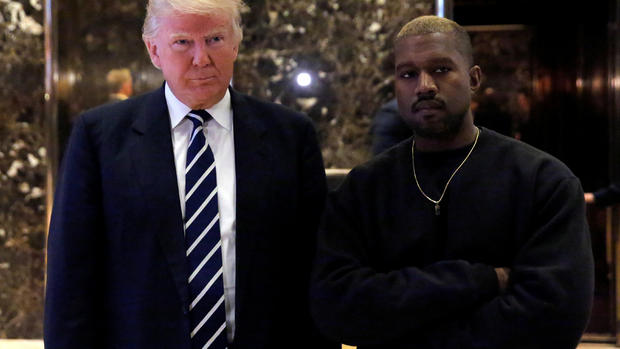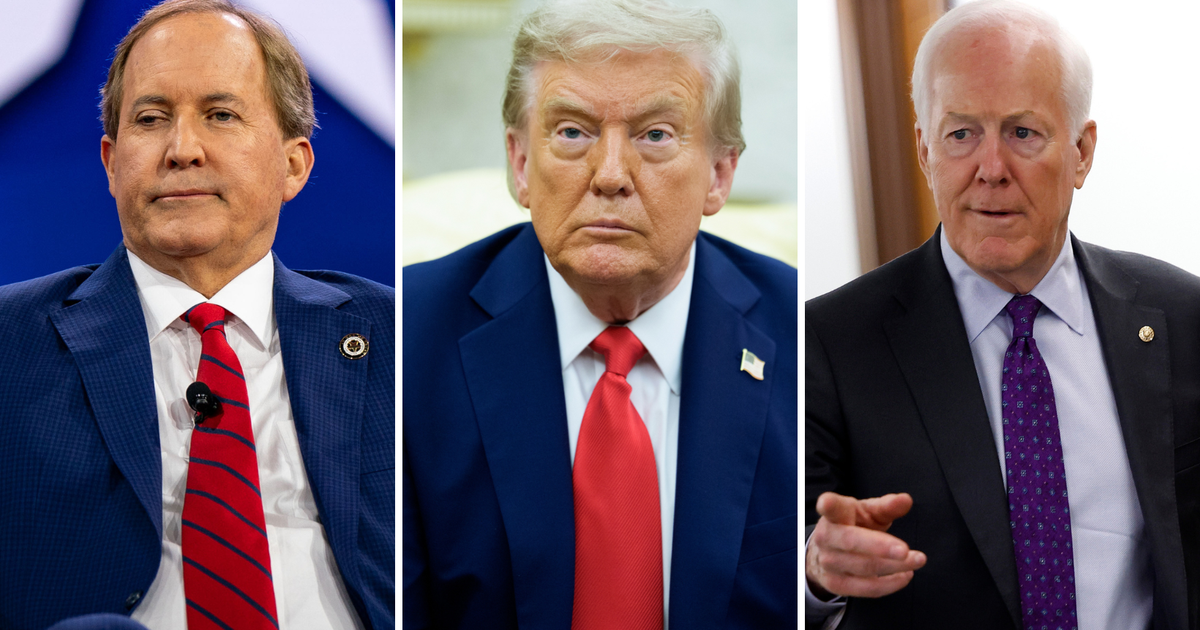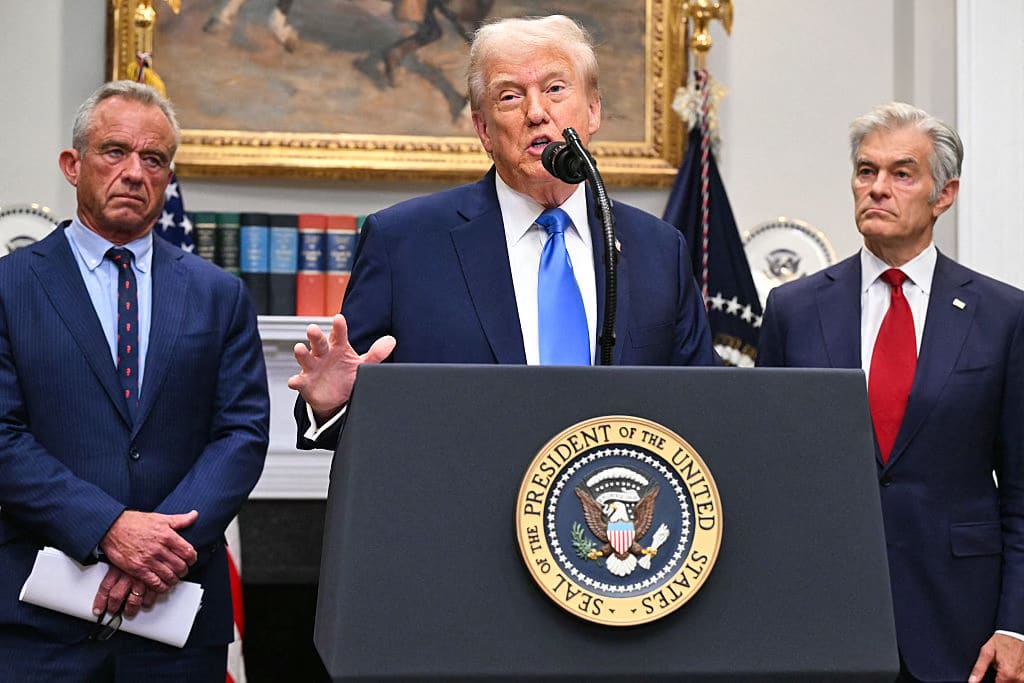Trump's health chief: The perfect executioner for Obamacare
In choosing House Budget Committee Chairman Tom Price, a physician, to head the massive Health and Human Services Department, Donald Trump brings aboard an expert on how to demolish Obamacare.
Price, 62, is a movement conservative who has long studied health issues, particularly how to terminate President Barack Obama’s signature legislative achievement, the Affordable Care Act. A member of the Tea Party Caucus, the Georgia Republican years ago formed a plan to bring about one of President-elect Trump’s own big goals, to “repeal and replace Obamacare.”
No doubt, it also helps Trump to have an HHS secretary schooled in the ways of Capitol Hill, because Democrats pledge to fight hard against repeal of the ACA. Price’s ideas dovetail with congressional right-wing hard-liners on many issues, including opposition to abortion and same-sex marriage. At HHS, he’ll also preside over Medicare and Medicaid, which are headed for financial trouble.
For Price, the most immediate problem will be how to handle the more than 20 million Americans enrolled under Obamacare, who would lose coverage if the law were simply killed. Various ideas on how to dismantle the program are being kicked around in Republican circles, such as voting to cancel it but postponing its end date for two years to allow a replacement plan to be worked out and then installed.
The timing will be tricky. If insurance companies, which actually furnish the coverage, know the ACA is coming to an end, they’ll likely bail out of it a lot sooner, the law’s supporters say. Trump has given contradictory signals about his own views on how and when to wind down the ACA, saying he didn’t want to see people suddenly lose insurance but also indicating he didn’t want to draw out the process.
Price would be the middleman in sticky negotiations involving the Trump White House and various GOP factions. Earlier this year, congressional Republicans passed a repeal bill that would have simply deep-sixed the ACA by curtailing money for it. Obama vetoed the measure. Divisions could arise between what Trump would stomach and what Tea Party lawmakers would accept.
Plus, Trump has spoken about keeping a popular provision of the ACA, allowing people to get insurance even if they have a preexisting medical condition. Before Obamacare’s 2010 passage, those people would usually be disqualified as applicants for health insurance. But continuing to shield those with preexisting medical problems might not be affordable for insurers without heavy federal subsidies, which could ignite frictions Price would have to deal with.
As the House’s budget chief and given his own health care background, Price has a daunting knowledge of the ACA law’s inner workings. His planned substitute for Obamacare involves tax-advantaged health savings accounts, or HSAs, and block grants to states to pay for those unable to afford medical insurance without a subsidy. Right now, Medicaid, the government health care program for low-income people, pays their tab.
Price would offer states federal funding to set up high-risk pools for those who can’t afford substitute insurance on the open market. Democratic critics say such a plan wouldn’t pay enough to take care of many of these individuals, and that HSAs are useful only for the well-off, who can afford to sock away spare money to pay future medical bills.
The pushback from Democrats promises to be fierce, both against Price’s nomination and demolishing Obamacare. While Price likely will win approval from the GOP-run Senate for the HHS job, his path from there on likely will be rocky. To liberals, he’s already a bete noir.
As Nera Tanden, chief executive of the liberal group Center for American Progress, described Price: “He supports taking health care away from millions of Americans, discriminates against the health needs of women, denies the dignity of LGBT people and wants to gut programs that support low-income working families.”
Another flash point Price will have to deal with is overhaul of Medicare and Medicaid, which are slated to run out of money over the next dozen years or so. Price makes common cause with House Speaker Paul Ryan on the need to trim those programs’ promises, which could prove much more unpopular than changing the controversial ACA, which benefits far fewer Americans than does Medicare.




